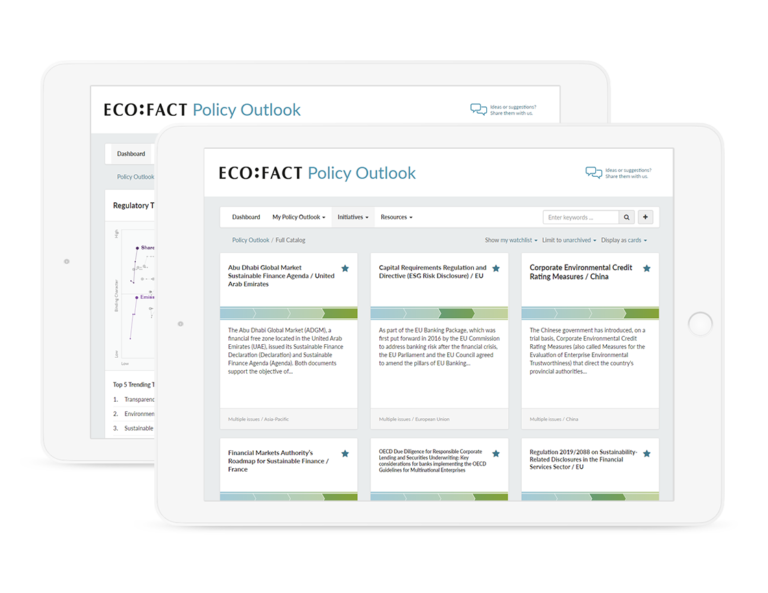Mandatory Environmental and Human Rights Due Diligence: Recent Developments and Expectations
Without any doubt, over the last few years, mandatory environmental and human rights due diligence has become a major regulatory topics. There are numerous examples of regulatory initiatives in the domains of hard and soft law, with some addressing a variety of issues such as diversity, modern slavery, and environmental damages.
During the last few weeks important developments related to mandatory environmental and human rights due diligence have taken place:
- The Dutch Parliament adopted the Child Labor Due Diligence Law;
- An independent review of the UK Modern Slavery Act suggested that sanctions for non-compliance should be strengthened and discretionary reporting should be made mandatory; and
- The Swiss National Council (lower house) voted for mandatory human rights and environmental due diligence for corporations and decided to retain its counterproposal to the Responsible Business Initiative. The counterproposal will return to the Council of States (upper house) for reconsideration.
Looking towards the future, in the next few months we expect:
- The publication of guidance for reporting under the Australian Modern Slavery Bill; and
- Concrete information on whether the EU will pursue legislative action under mandatory environmental and human rights due diligence. Finland, the next country to hold the EU presidency, has announced that it will explore the possibility of an EU-wide standard which takes into account companies of different sizes and global value chains.
For a complete overview of regulations addressing due diligence in the area of sustainable finance and corporate responsibility, please check the Policy Outlook tool. There you will also find similar briefings on other trending regulatory topics. These briefings are updated every month and available in different formats.
 All posts
All posts Contact
Contact



